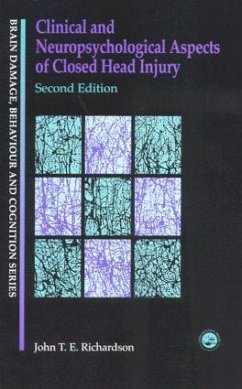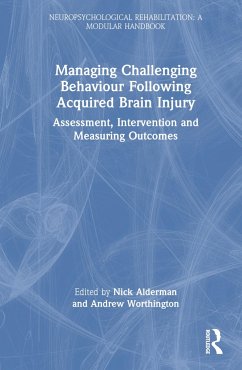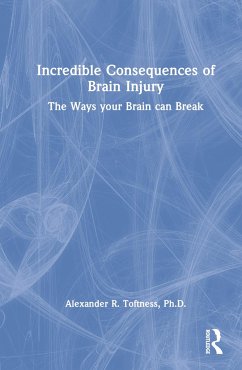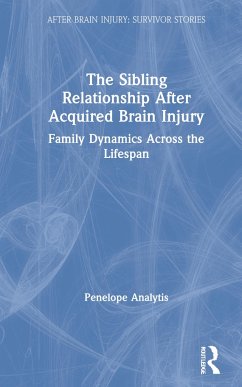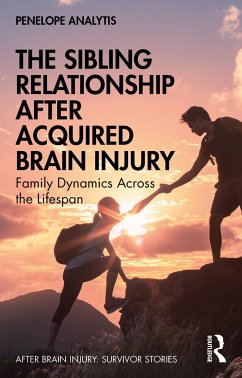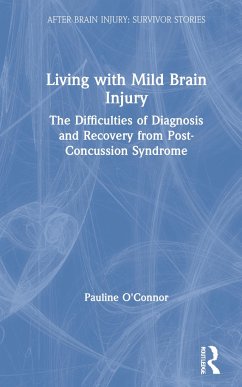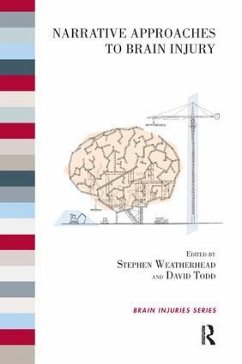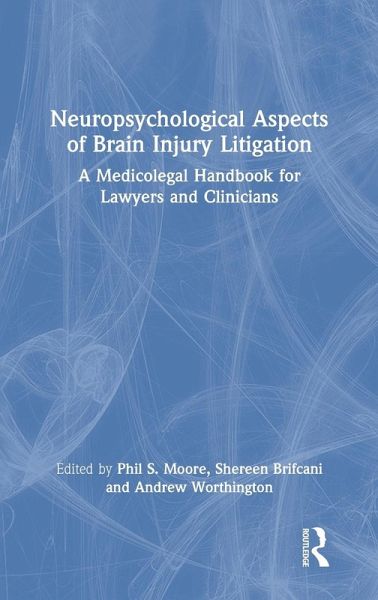
Neuropsychological Aspects of Brain Injury Litigation
A Medicolegal Handbook for Lawyers and Clinicians
Herausgeber: Moore, Phil S.; Worthington, Andrew; Brifcani, Shereen
Versandkostenfrei!
Versandfertig in 1-2 Wochen
168,99 €
inkl. MwSt.
Weitere Ausgaben:

PAYBACK Punkte
84 °P sammeln!
This accessible handbook focuses on the importance of neuropsychological evidence and the role of the neuropsychologist as expert witness in brain injury litigation. This thorough, evidence-based resource fosters discussion between the legal profession and expert neuropsychological witnesses. The chapters reflect collaborations between leading personal injury lawyers and neuropsychologists in the UK. Key issues in brain injury litigation are addressed that are essential to an understanding of the role of the neuropsychologist as expert witness and of neuropsychological evidence for the courts....
This accessible handbook focuses on the importance of neuropsychological evidence and the role of the neuropsychologist as expert witness in brain injury litigation. This thorough, evidence-based resource fosters discussion between the legal profession and expert neuropsychological witnesses. The chapters reflect collaborations between leading personal injury lawyers and neuropsychologists in the UK. Key issues in brain injury litigation are addressed that are essential to an understanding of the role of the neuropsychologist as expert witness and of neuropsychological evidence for the courts. These include neuropsychological testing, assessment of quantum, vocational rehabilitation, mental capacity, forensic outcomes, the frontal paradox, mild traumatic brain injury and more. Combining the scientific and legal background with practical tips and case examples, this book is valuable reading for legal professionals, particularly those working in personal injury and clinical negligence, as well as trainees, students and clinicians in the field of neuropsychology, neurorehabilitation and clinical psychology.





